The Mind Gym: Wake Up Your Mind
£0.40
In much of our lives, our mind operates on autopilot. Rather like the tourist who repeats the same words louder each time the local doesn’t understand, we often tend to think and behave in set ways, even if it doesn’t get us what we want.
However, once we can spot our mental habits, we can change them. And, as result, we are more likely to: make the right things happen; come up with original ideas; achieve more in less time; gain energy and have less negative stress; win people round to our point of view.
Over 100,000 people have taken part in and recommended The Mind Gym’s workouts. Now, for the first time, hundreds of these practical tips and techniques based on applied psychology are packed into this book and, with your free personal membership number, at The Mind Gym Online.
It’s not too late to change your mind …
Read more

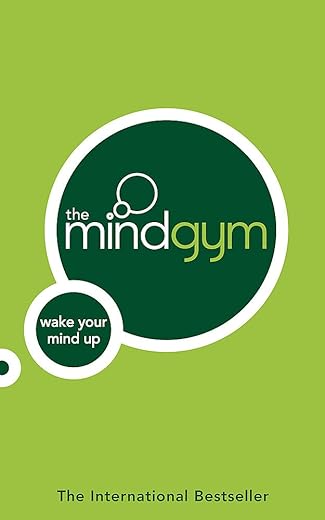
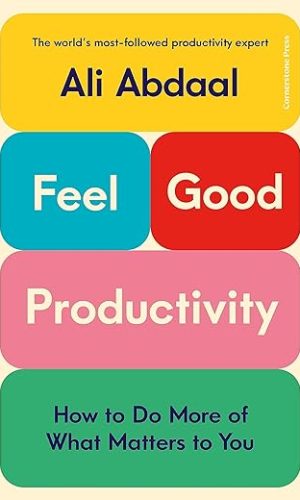
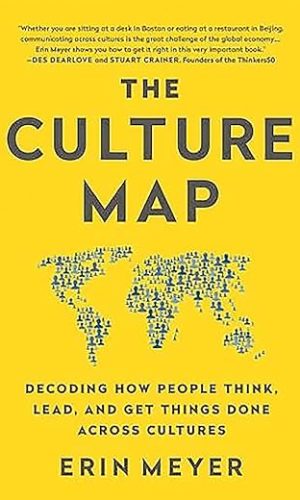
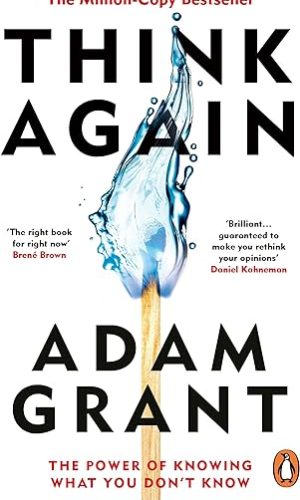
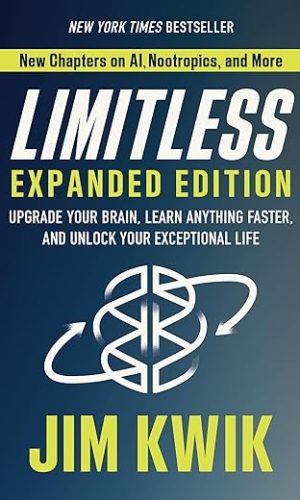
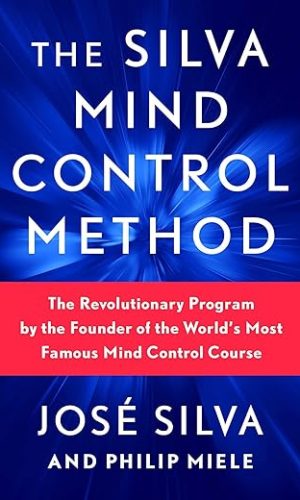
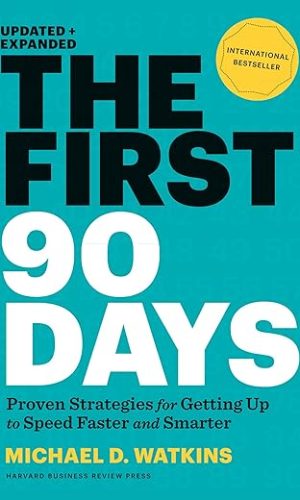


by sailesh
have to still read this book..
by Jonathan Brown
Over the last 4 years the people at the Mind Gym have lead a quiet revolution in learning and development firstly in the UK and now around the world. I met their founder (one of the authors) nearly four years ago when I was responsible for L&D in a large company. Their unique selling point is to deliver “bite sized” courses (90 minutes) for workers too busy to take a whole day out of the office.
Whilst the bite-sized learning has been the Mind Gym’s main selling point, their products have a number of other extremely valuable ideas that are rarely seen in a field dominated by blaggers with untested ideas who fail to practice what they preach.
Probably the most significant thing they offer is intellectual rigour. The book says they have an academic board of psychology professors – one of whom, Guy Claxton, I know has written some readable and practical books on creativity. What this means is that we have the best chance of getting advice that works as it has already been extensively tested under scientific conditions.
Wake Your Mind Up brings together the key insights for the best books and academic papers on that topic (included in the bibliography). Having read some of these papers myself I can say that they have done a terrific job of turning them into practical advice you can actually understand without needing a degree in psychobabble. The book reads more like the best articles in Cosmo or Esquire than a science based self development book. This makes it very easy to read and easier to relate to the concepts they talk about.
The book is split into five main sections, Taking Control, The Right Impression, Tough Conversations, Stress and Relaxation, and Creative Juices. Each of these has up to 5 separate chapters you can focus on depending on your immediate need. To help you decide where to start you can fill in a questionnaire that points you to what you think is most pressing for you.
And this brings me to another reason why this book is worth buying. Because the chapters are all short (about 15 pages) and focus on action rather than theory, they help close the knowing-doing gap one of the key obstacles to making changes in our lives. This is simply the gap that exists with what you already know but don’t act on. An example of this would be the difference with what most of us know about weight loss and staying healthy and how most of us actually behave. We don’t need yet another diet book with yet another outlandish theory, we simply need to use more of the information we already know. At the end of the day, you will be able to make changes faster as they keep the theory simple but rigorous.
So the book itself is terrific but it doesn’t stop there as buying the book gives you access to a web site with more material and exercises. So if you want to develop even further you can go online. Personally I have found the book to be enough to be going on with.
One thing I would have appreciated would be for the bibliography to have included more of the books associated with some of the academics cited. For example, Martin Seligman’s academic work was cited but they didn’t refer to some of his books that would be useful if you wanted to go further, e.g. Learned Optimism or Authentic Happiness. I guess this isn’t strictly their job but if this isn’t already on the web site then it should be.
I have decided to buy a copy for my work colleagues and some of my friends – all of whom are involved in the learning and development field. I will also be recommending it to coaching clients who don’t feel comfortable reading a whole book – such as Learned Optimism – but do what to gain momentum to make changes in their lives. I am sure the Mind Gym will do to self development publishing what they are doing to learning and development in companies. Wake Your Mind Up is a fantastic book and is a must have in 2005.
by Mark Coyne
It’s another self help book that ‘does what it says on the tin’ you can probably find the same information at many other online sources
by Andre Magalhaes
Self-help books that promise to transform you into the next big rock star, oscar-winning Hollywood actor or the most successful CEO in the block have always annoyed me. I had never picked one and don’t actually intend to do so ever. The Mind Gym, however, is quite a different proposal. There is little “See yourself at the top of the board table, you can do it, blah, blah, blah…”, and a lot of “Get a piece of paper, do these exercises, check the results and find the pattern you wat to improve”. It is all based in actual psychology and YOU have to do all the work. If you need something to boost your confidence this will do the trick, as it helps you figure out what’s going on in your head. If you want to improve your attitude, your creative thinking and your problem-solving skills, it is all there. No empty promises, just some solid good mind exercises.
by The Fisher Price King
This is a very engagingly written, well designed book, which I would classify as “intelligent self-help”. It also enables you to sign up to a web site, which contains some nifty self-assessment tools. The web site alone is worth the cover price of the book… and then some. The book itself is a refreshing take on questions like how to endow yourself with greater presence, how to manage stress, how to be better at influencing others, and how to be more creative. So why only four stars, rather than five? Essentially because most of what you will find here is common sense. That’s not to say it isn’t worth being reminded of it, but, as with any book offering to detox your mind or teach you new skills for dealing with people and situations, it rewards you for being balanced and sensible. That’s good, but it isn’t radical. Entering the Mind Gym is more like doing a good cardio workout than doing a sustained weights programme. In other words, the results aren’t going to be astonishing. But they should be sustainable, and they are manageable. If you buy one book in this genre right now, this is the one to go for.
by liliana
Read it couple times got obsessed to explain the book to my friends thy end up reading it.
by A. Cotton
I bought this because a friend kept talking about it. It is a great book which can be read from cover to cover or dipped into depending on what you want. I would recommend skimming through it first and then deciding on what bits you wish to focus upon (if you do not intend to read the whole thing). Very useful when you just want a different way of thinking over a problem – its easy to get stuck in a rut and this can present methods of looking at things from a new angle in an enjoyable and easy to read way.
by Howard Pearson
The book recommends you be selective about which chapteras you read but after reading the 1t chapter i decided I had to read them all incase I missed something. Great book and it’s in my top drawer at work so I can keep referring to it!